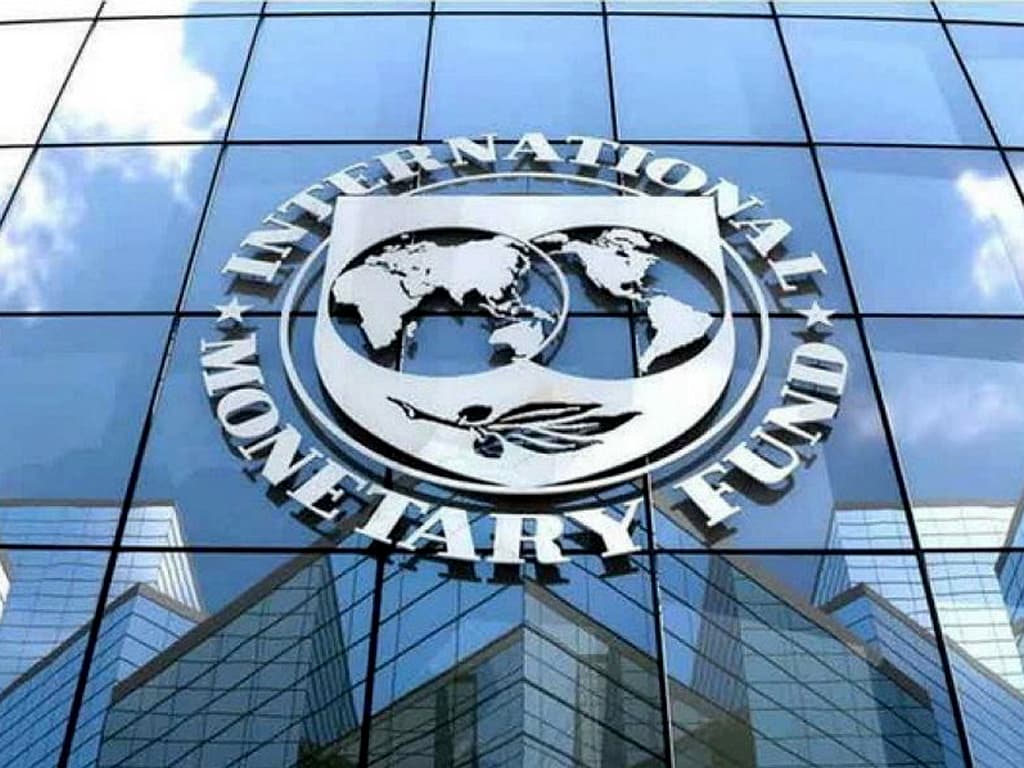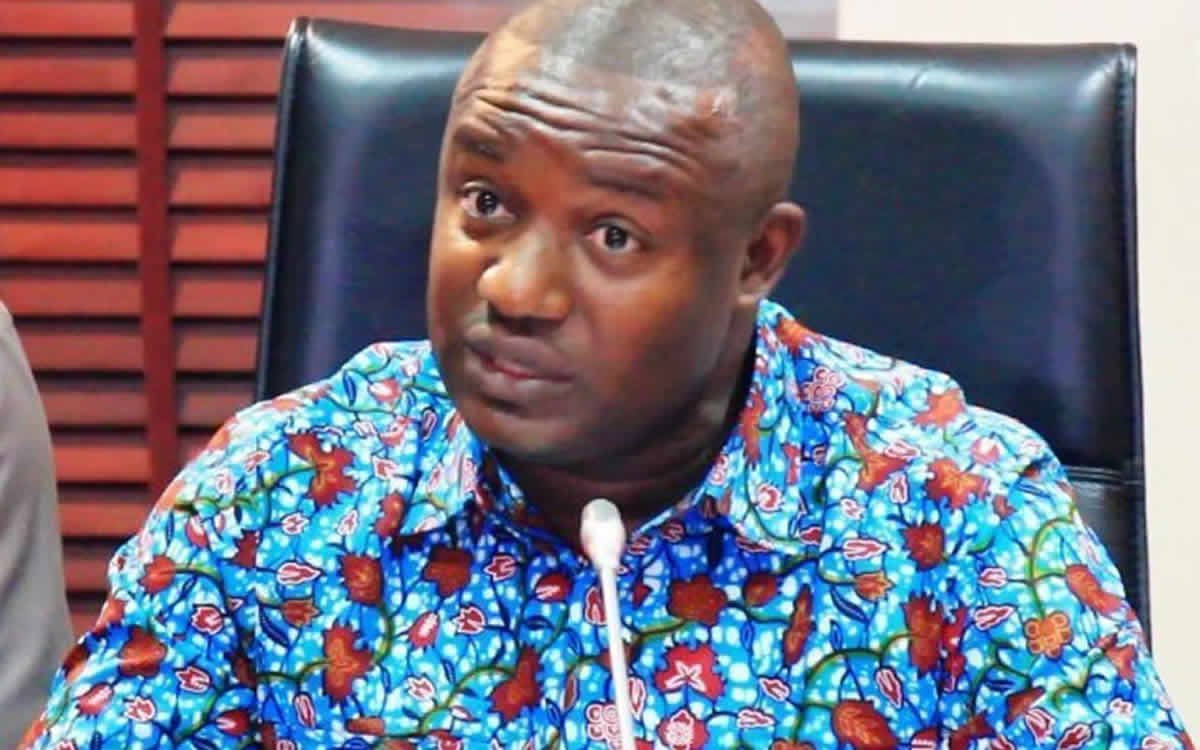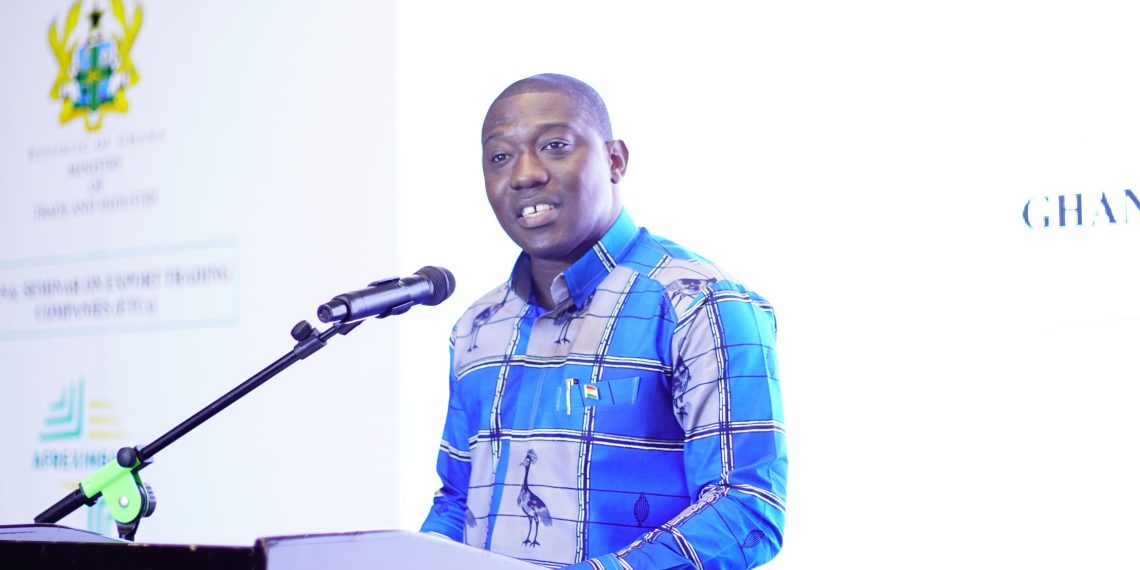The International Monetary Fund (IMF) has disclosed that the release of Ghana’s second tranche of $600m will solely depend on successful agreement with external creditors.
According to the IMF, that it critical for Ghana to complete the discussions with the external creditors to pave the way for the Board to approve the disbursement.
Director of the IMF’s Communications Department, Julie Kozack who was addressing a press conference in Washington D.C, USA said the Board can only go ahead to approve the second tranche funding if the discussions with the external creditors are concluded and the conclusions presented to the Board.
“To ensure timely completion of the review, official creditors and the Ghanaian authorities will need to reach agreement on a debt treatment, consistent with the objectives of the programme, and in line with the financing assurances that creditors provided in May of 2023”, she said.
Ghana is expected to conclude debt restructuring agreement with external creditors, particularly China, which has proposed new cut-off date.
Discussions with the Official Creditor Committee are ongoing to settle on an agreed date for the debt restructuring.
She expressed optimism that both parties will reach an agreement soon.
“Discussions between the Ghanaian authorities and the Official Creditor Committee are ongoing, and we certainly hope that an agreement can be reached soon so that we can rapidly bring the program to the Board”.
Ghana missed out on the November 1 timeline set in the International Monetary Fund (IMF) programme to get a second tranche of the $3 billion bailout package as the country’s debt rework negotiations with external creditors delay.
The country has already submitted proposals to its commercial creditors seeking a haircut of up to 40% and additional debt rework with its bilateral creditors including China and the Paris Club.
Prior to the first disbursement, Ghana had to secure financial assurance from its external creditors, a requirement fulfilled before the IMF Executive Board approved the payment.
Under the three-year ECF programme, the Ghanaian government plans to restructure around $10.5 billion of its external debt, which stood at nearly $30 billion in June 2023
IMPLICATIONS
PricewaterhouseCoopers Ghana (PwC), an auditing and tax firm, says if negotiations with external creditors and debt holders are not concluded expeditiously, Ghana’s economic recovery could stall.
PwC indicated that the delayed negotiations might make the investor community and financial markets jittery, and the international rating agencies may thrust Ghana’s bond ratings further into junk credit territory.
The auditing agency disclosed this in its 2024 Budget Digest on the theme: « Pursuing Growth and Development within a Stable Macroeconomic Environment.”





